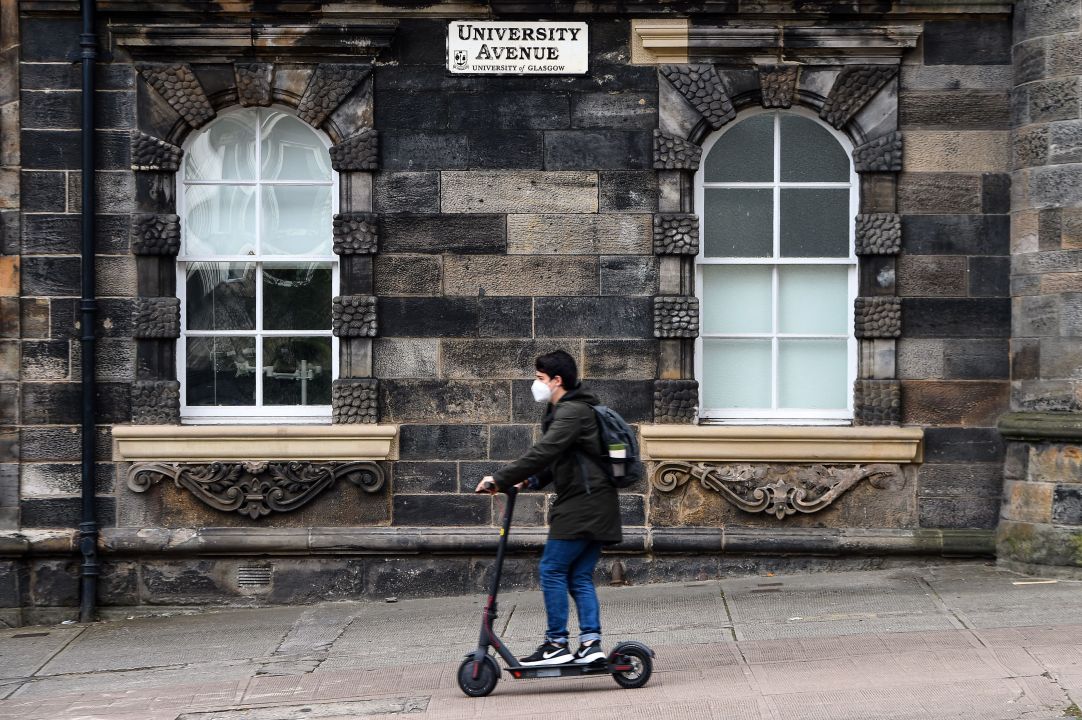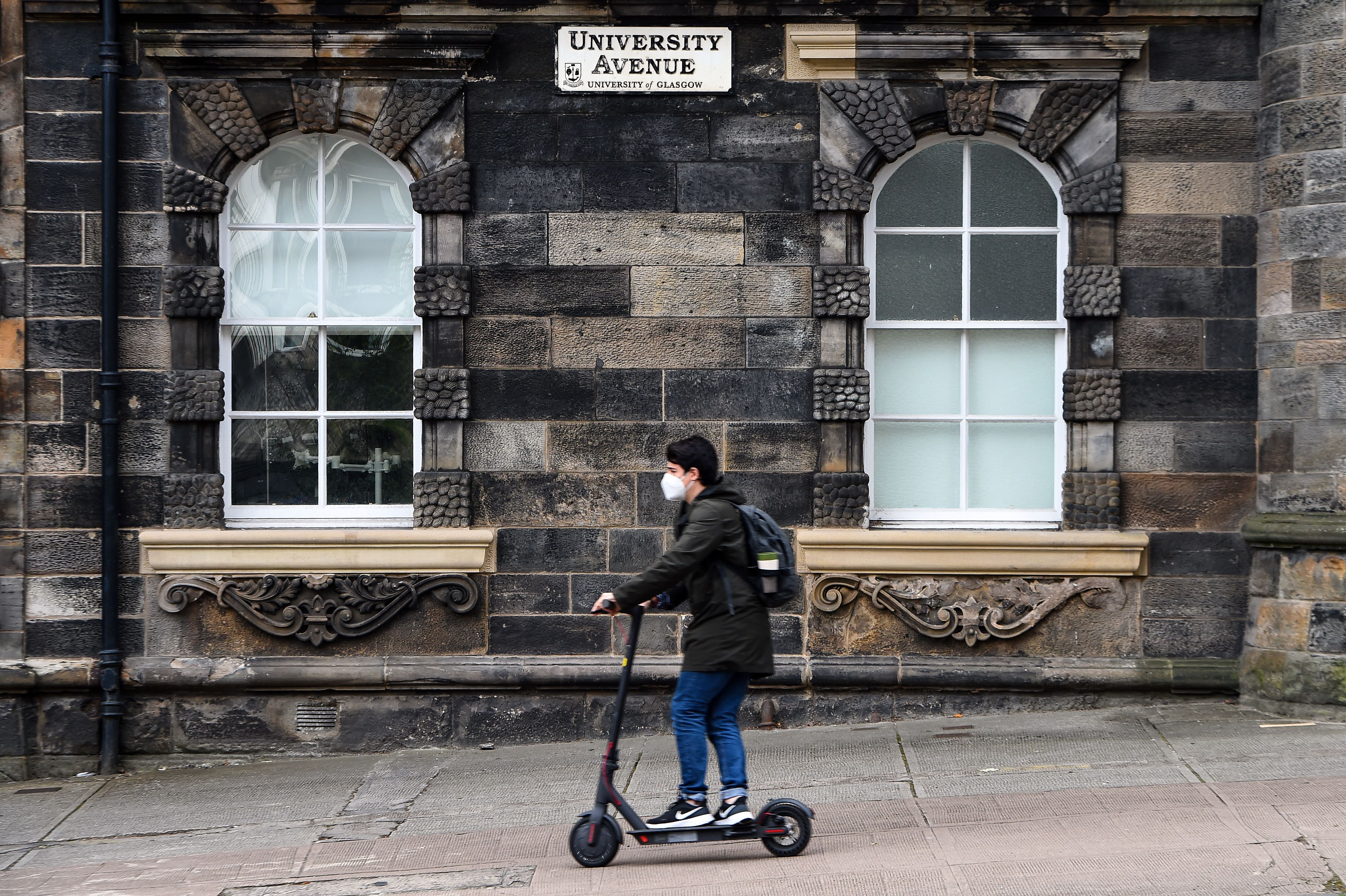Less than a year into e-scooter trials, ministers are coming under pressure to ban the new transport technology, with concerned critics claiming they need to be made safe and the public educated on the law. Matthew Scott, Kent’s police and crime commissioner (PCC), has written to the Transport Secretary calling for a clampdown on electric scooter usage. Given the government’s fondness for the precautionary principle, it wouldn’t come as a huge shock if it capitulated to the quibbles of a tiny minority, however weak their opposition may be.
There’s actually little to dislike about e-scooters. For a start, they’re no more dangerous than many other forms of transport. We don’t ban cars or bicycles — we try to provide a safe environment where they can be used. Many of the PCC’s objections relate to rogue scooter riders, but there is a behavioural economics case to be made here: allow widespread use and good will drive out bad. The legalisation of e-scooters could provide safety in numbers. Higher numbers of road user types are associated with proportionally fewer accidents. The alternative is that we criminalise use. But history tells us that prohibiting rather than regulating an activity only increases risk to users.
One third of e-scooter rides replace car rides, helping reduce CO2 emissions, NOx pollutants, and clearing congestion for drivers
E-scooters are among the fastest-growing technologies of all time. The first fleet, developed my the company Bird, was launched in California in autumn 2017 — and now e-scooters are expected to surpass half a billion rides globally by the end of this year, far outpacing early growth in the taxi app industry ignited by Uber in 2009. This meteoric rise contrasts starkly with the UK’s pedestrian adoption. We’re lagging far behind other nations — by the time the government published its pre-trial consultation, in which it heard from 2,000 individuals and 176 organisations (including several police forces), e-scooters were ubiquitous in many European cities. Despite the Commons transport select committee recommending that we legalise privately owned e-scooters on roads, it actually remains illegal: instead they must be rented from an approved operator.
Further, by allowing businesses to innovate we encourage experimentation, with the iterative process leading not just to better and safer e-scooters but also other modes of transport. Competition can raise all boats: just look at the impact that the arrival of electric vehicles had on the cost and environmental friendliness of petrol cars and hybrids. It has delivered less polluting technologies, regardless of which drivetrain eventually comes out top.
In light of the government’s fixation with net zero carbon emmisions, our reticence in embracing a new, green form of transport is bewildering. One third of e-scooter rides replace car rides, helping reduce CO2 emissions, NOx pollutants, and clearing congestion for drivers. And if ministers aren’t proselytising on new climate change targets, they’re ferreting out ways to deliver prosperity to left-behind Britain. E-scooters provide a low-cost transport option for communities and routes under-served by traditional public transport, with the obvious benefits that brings to lower-income communities.
The UK’s approach to e-scooters is yet another example of paternalistic, risk-allergic policymaking. If it’s not the excruciatingly sluggish roadmap, it’s the state intrusion into the private matter of what we eat or its scepticism of new technologies. We cannot pursue a strategy of ensuring public safety by stopping the testing of what the public safety risks might be.
And we’re already falling into the trap of over-regulation. Why does there need to be a maximum weight setting, power setting, or a hard speed limit? Why is the government benchmarking Germany, with its apparently admirable ‘strict regulations on design’? How can this possibly be deemed appropriate for an emerging technology?
The Department for Transport will assess the trials next year before deciding whether to legalise all e-scooters — including those in private hands — or limit them to authorised rental schemes. Needless concessions will underscore the degree to which ‘safety’ now trumps all else. Yes, the pandemic has taught ministers that in order to feel secure, citizens will endure huge sacrifices of liberty. But it has also shown us that we cannot live risk-free lives. What we can do is live ones with added convenience, lower transport costs, and a little less pollution.







Comments